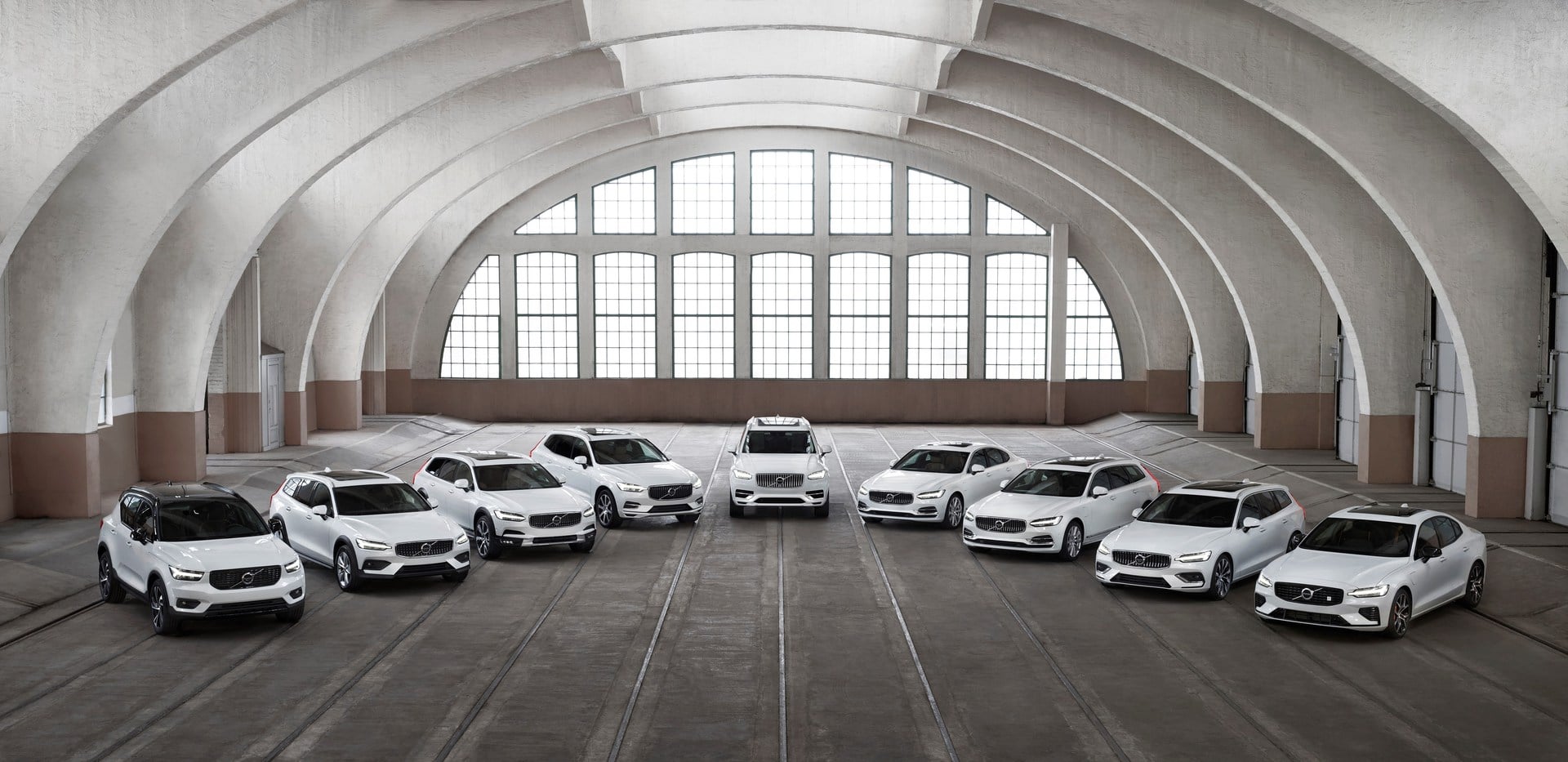Volvo: Welcome to the Swiss Top Ten
STABLE FINALE Volvo Car Switzerland closed the past year successfully. The importer recorded 8437 new registrations (2019: 8858). Especially compared to the overall market, the brand has been able to gain ground. For example, Volvo Cars increased its market share in Switzerland to a record 3.6 percent last year, surpassing the previous year's result [...]

Volvo Cars increased its market share in Switzerland to a record 3.6 percent last year, exceeding the previous year's result by 0.8 percent. This enabled the company to close the fiscal year with a pleasing result and a place in the top ten manufacturers.
And: For the fourth year in a row, the company succeeded in maintaining its position as the leading manufacturer of plug-in hybrid vehicles in Switzerland.
Demand for electrified vehicles
Natalie Robyn, Managing Director of Volvo Car Switzerland AG: "Although we suffered a slight decline in new registrations, a strong second half of the year enabled us to increase our market share by 0.8 percentage points to a record high of 3.6 percent. As a result, we have secured a place among the top 10 automakers in Switzerland in terms of unit sales, something we are proud of. One driver of this success was certainly the high demand for electrified models."
Swiss like the models of the XC series
The XC models in particular contributed to the success. The best-selling Volvo XC40 topped the list for the second time. A total of 3376 vehicles (2019: 2698 vehicles) were newly registered for the compact SUV, which is popular in Switzerland, in 2020. The Volvo XC60 model, which has been successful in Switzerland for years, follows closely behind with 2533 registrations (2019: 2540).
Twin-engine models accounted for over 3651 units of the 8437 new registrations (2019: 1060). Compared with the previous year, the Swedes more than tripled sales of its plug-in hybrid models.
Continuation of the electrification strategy
Volvo is also systematically continuing the electrification of its models in Switzerland in 2021 and is aiming for a leading role in premium electric vehicles. Currently, Volvo's entire portfolio is already electrified, either with a mild hybrid, a plug-in hybrid or a fully electric powertrain.
Electrification of the vehicle fleet is one of Volvo's key building blocks for becoming a completely climate-neutral company by 2040. Electric cars are expected to account for 50 percent of global sales as early as 2025, with hybrids accounting for the remainder.









